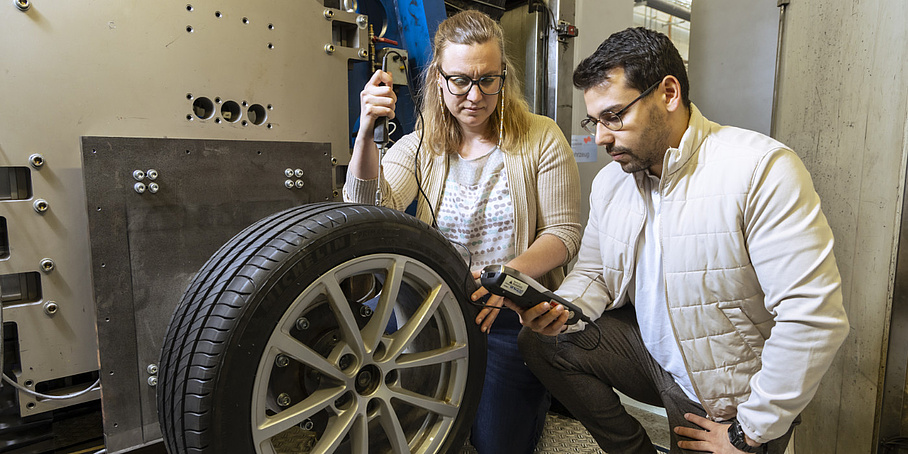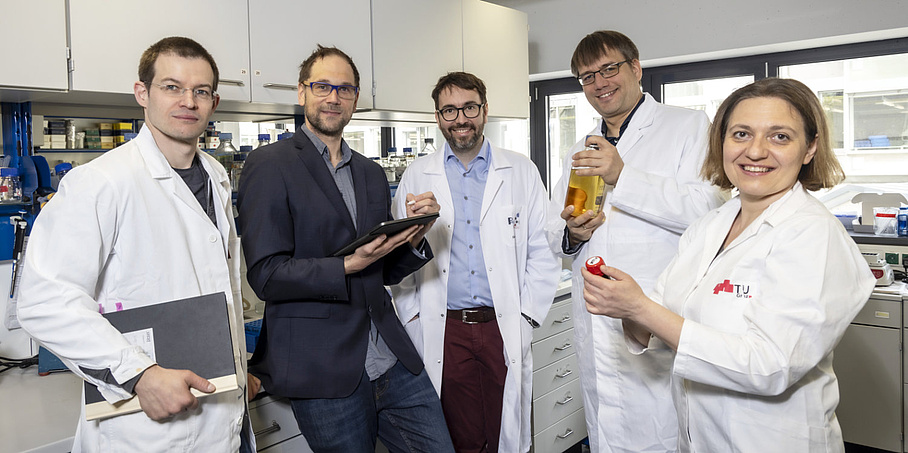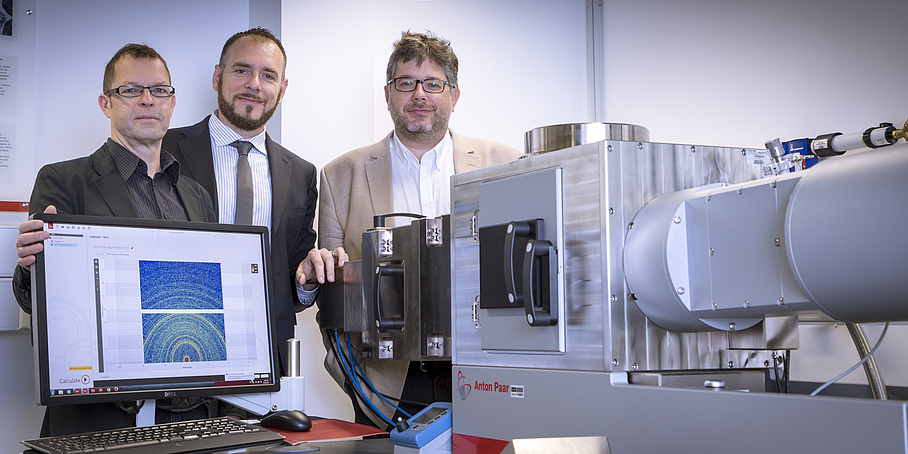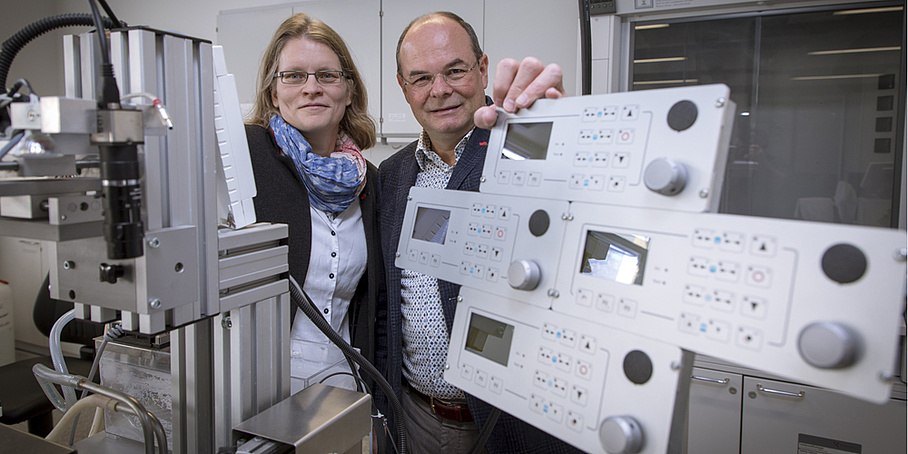
NExT - Non-Exhaust Emission Topics
As part of the Lead Project NExT – Non-Exhaust Emission Topics, interdisciplinary teams from five institutes at TU Graz develop the necessary foundations for the reliable assessment and effective reduction of non-exhaust emissions. They are conducting research into the formation of tyre, brake, road and rail wear particles and are developing standardised, realistic test procedures for various vehicle classes and components as well as technical solutions that can significantly reduce emissions.
Coordination:
Assoc.Prof. Dipl.-Ing. Dr.techn. Cornelia LEX
Ao.Univ.-Prof. Dipl.-Ing. Dr.techn. Stefan HAUSBERGER

DigiBioTech
In the multidisciplinary lead project DigiBioTech
, researchers from the biosciences, process engineering and computer science want to massively increase efficiency in the development of new enzymes and process optimization. This should even enable the breakdown of forever chemicals.
Coordination: Univ.-Prof. Dr. Robert KOURIST

Porous Materials @ Work for Sustainability
In the lead project Porous Materials @ Work
, a multidisciplinary consortium consisting of TU Graz researchers from the areas of physics, chemistry, materials sciences, electronics and biotechnology is working on improving the fundamental understanding and developing new applications of porous materials.
Coordination: Univ.-Prof. Dr. Paolo FALCARO

Mechanics, Modeling and Simulation of Aortic Dissection
In this lead project, TU Graz researchers from biomechanical-, civil-, electrical-, and mechanical engineering, computer science, mathematics, and physics are applying themselves to the further development of computer simulation of aortic dissections.
Coordination: Univ.-Prof. Dr. Gerhard A. HOLZAPFEL and Univ.-Prof. Dr. Katrin ELLERMANN
Past Lead Projects

Dependable Internet of Things in Adverse Environments
The lead project brought together top TU Graz researchers from computer science and electrical and information engineering in order to provide the scientific foundations for an Internet of Things (IoT) that works dependably and that is resilient against failures and attacks.
Coordination: Univ.-Prof. Dr. Kay RÖMER

